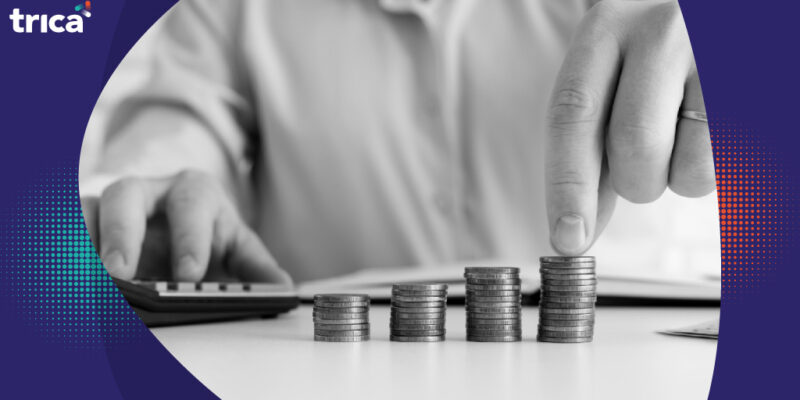
Everything You Need to Know About Common Stock for Your Seed Round Investment
Many startups need help to get up and running despite having top-notch products and services. The lack of seed investment required to propel the business in its infancy is one of the major reasons.
Seed round investment is a critical step for startups as it steers them toward better opportunities and helps them attract new customers, investors, and key stakeholders. Common stock plays an important role during this investment round. This article sheds light on the importance of common stock in startup funding.
What Is Common Stock?
Common stock is an equity security that provides ownership in a startup. When a startup offers common stock, it is essentially selling its shares to investors, who then become shareholders in the company. Common stock in the seed investment round plays an important role as it serves as a means for early-stage startups to secure funding. It also helps them establish a network of shareholders who are deeply committed to the company’s success. This not only provides the startup with the financial resources it needs to scale, but also helps in creating a loyal and engaged pool of shareholders. These shareholders can provide valuable support and guidance as the company evolves over time.
Role of Common Stock in Seed Investment
Here are a few things you need to know about the role of common stock in the seed round:
1. Voting rights and ownership
Since common stock offers investors ownership in the startup, they have the right to vote on key company matters, including the election of the board of directors. Besides, they also have a say in all important decisions pertaining to the company’s future. As owners of the company, they also have a say in the direction and strategic decisions that impact the bottom line of an early-stage startup.
2. Dividends
While common stock ownership provides investors with the potential to receive dividends if the company decides to pay them, it is important to note that startups typically choose to reinvest any profits back into the company rather than paying dividends in the seed round stage. This approach enables the startup to prioritize its growth, which can potentially result in a higher return on investment for shareholders in the long run.
3. Potential return and risks
Just as in any investment, common stock comes with its fair share of risks. That said, it also has tremendous potential for high returns. During the seed investment stage, investors place their bets on early-stage startups with the hope that the company grows and the value of shares also increases. By investing in common stock, investors are betting on the potential for success of the startup and its ability to generate future profits.
4. Dilution
As the startup grows and seeks to participate in additional funding rounds, founders are compelled to issue more shares to attract potential future investors. This could become a cause of concern for early investors as this could dilute the value of existing shares. However, the potential returns typically outweigh this risk if the company becomes very successful.
Determining the Value of Common Stock in Seed Round
This section will talk about the different factors that are taken into account while determining the value of common stock in the seed round.
Conventionally, the valuation of common stock is calculated when investors and startup founders engage in dialogue to pursue win-win outcomes.
These negotiations primarily revolve around a few factors that help investors and business owners to determine the overall valuation of the company. Some of the major factors are listed below:
- Market opportunity: The market size and the potential demand for the company’s product or service.
- Business model: The company’s revenue model.
- Competition: The competitive landscape and how the company’s product or service compares to other players in the market.
- Team: The experience and expertise of the company’s founders and the founding team.
- Stage of development: The company’s current stage of development, its range of products or services, its customer base, and its revenue or user growth.
Startup founders and investors take these factors into account while negotiating the price per share of the common stock in the seed round.
Parting Notes
It is evident that common stock could be an important investment channel for seed round investors. It becomes crucial to identify the benefits, different valuation techniques, risks, and other technicalities linked with common stocks for both investors and startup founders. Further, common stock can be an important source of funding for startups in their seed round. Offering common stock to investors can help attract additional capital while maintaining control over the company’s operations and growth strategy for founders.
We at trica understand that understanding the technical aspects of the role of common stock during seed round investment can become quite challenging. This is where our team of experts can guide you. If you are considering offering common stocks as a funding option for your startup or investing in common stock, get in touch with us today.
ESOP & CAP Table
Management simplified
Get started for free





